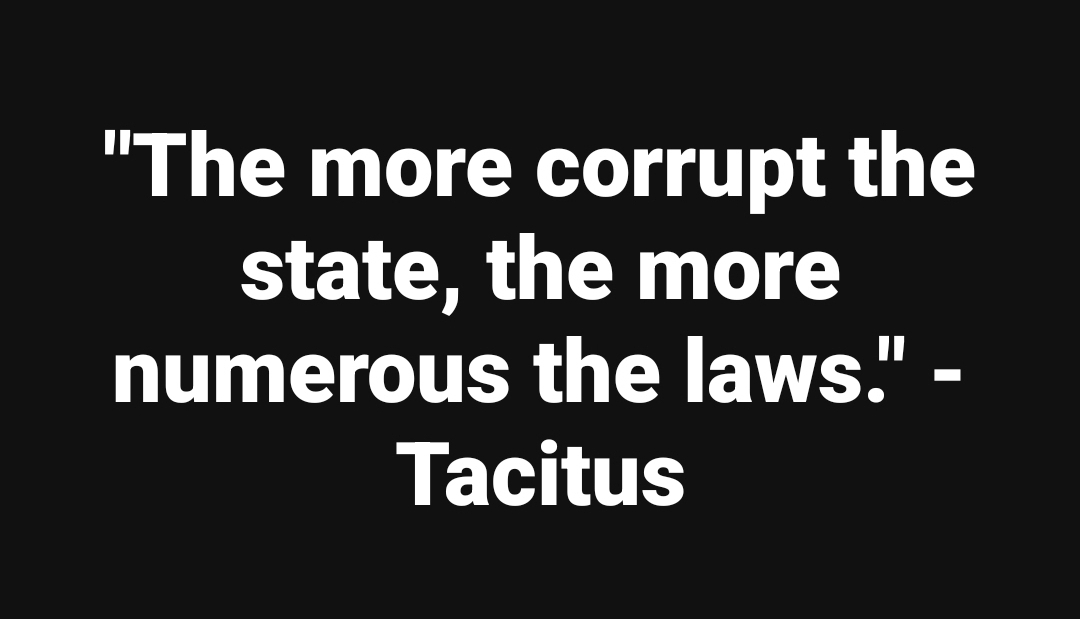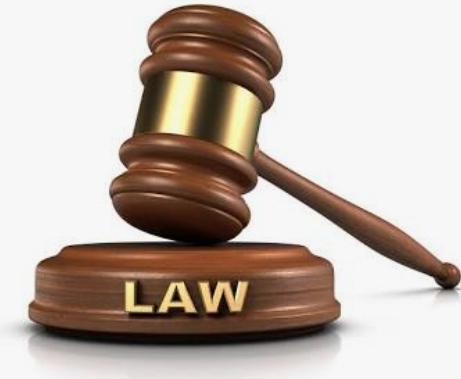Global Oligarchy, Organized Crime, and Legal (Government) Control
Throughout history, powerful financial and commercial interests have influenced governments and shaped laws to protect their wealth and power.
“When plunder becomes a way of life for a group of men in society, over the course of time they create for themselves a legal system that authorizes it and a moral code that glorifies it.”
— Frédéric Bastiat
This phenomenon is not new, but its scale and sophistication have evolved. Bastiat’s insight—that plunder, when normalized, becomes enshrined in law—illustrates how elites can manipulate the legal system to serve their own ends.
Historical Context:
- In the early 19th century, Thomas Jefferson warned about the rise of banking institutions and corporations, fearing they would subvert the republic.
- During the Civil War, banking interests played a significant role in financing both sides, and afterward, the consolidation of power continued through corporate monopolies and railroad barons.
- In the 20th and 21st centuries, multinational corporations and global financial institutions, such as the Federal Reserve and IMF, have amassed influence over both domestic and international policies.
Modern Context:
Today, this oligarchic control manifests through:
- Lobbying and Political Donations: Corporations fund campaigns and shape legislation to their advantage.
- Regulatory Capture: Agencies meant to regulate industries are often staffed by former executives from the same industries.
- Globalist Agendas: International bodies and trade agreements often prioritize corporate profits over national sovereignty.
Moral Stagnation and Public Compliance
Kohlberg’s Theory of Moral Development is crucial to understanding why many people accept unjust systems. The majority never progress beyond Stage 4, where they equate legality with morality. This is why authoritarian governments can gain compliance even when they clearly act against public interest.
How It Manifests Today:
- Blind Trust in Authority: People assume that laws and regulations are inherently just because they come from the government.
- Social Pressure: Citizens fear being ostracized or labeled as extremists for questioning the system.
- Media Influence: Mainstream media often aligns with corporate and government interests, reinforcing the idea that dissent is radical or dangerous.
Overcoming Moral Stagnation:
- Education: Encourage critical thinking and moral reasoning that questions authority.
- Awareness: Expose how laws are often crafted by special interests.
- Courage: Support those who challenge corrupt systems, even at personal risk.
The Founding Fathers’ Vision and the Betrayal of the Republic
The Founders, particularly Jefferson and Madison, envisioned a republic that would resist centralized power and corruption. They knew that unchecked authority would inevitably lead to tyranny.
Jefferson’s Warning:
“When all government … shall be drawn to Washington as the center of all power; it will render powerless the checks… and will become as venal and oppressive as the government from which we separated.”
This prediction came true as the federal government amassed power through:
- Post-Civil War Reconstruction: Federal authority over states increased dramatically.
- The Progressive Era: Regulatory agencies and centralized economic planning grew.
- The New Deal and Beyond: Social and economic controls expanded under the guise of public welfare.
Discernment and the Moral Duty to Rebel
“People crushed by laws, have no hope but to evade power. If the laws are their enemies, they will be enemies to the law; and those who have most to hope and nothing to lose will always be dangerous.” – Edmund Burke
Burke’s statement about oppressive laws creating enemies to the law highlights the danger of forcing compliance through coercion rather than consent. Rebellion becomes not just a right but a necessity when the government betrays its foundational principles.

Historical Examples:
- American Revolution: The colonists recognized British laws as tyrannical and chose rebellion.
- Civil Rights Movement: Activists like Martin Luther King Jr. argued that unjust laws must be resisted through civil disobedience.
- Modern Movements: Whistleblowers and protestors continue to challenge unjust systems, though often at great personal cost.
How to Apply These Lessons Today:
- Educate Yourself and Others: Understand how power structures manipulate public perception.
- Build Local Networks: Strengthen community ties to resist centralized control.
- Challenge Unjust Laws: Peacefully resist regulations and mandates that violate constitutional rights.
Conclusion: A Moral Awakening
To break free from oligarchic control and restore the republic, it is essential to cultivate moral courage and critical thinking. Recognizing the difference between corporatism and genuine governance is crucial. The Founders’ spirit of resistance against tyranny must be revived to confront modern threats to liberty.







